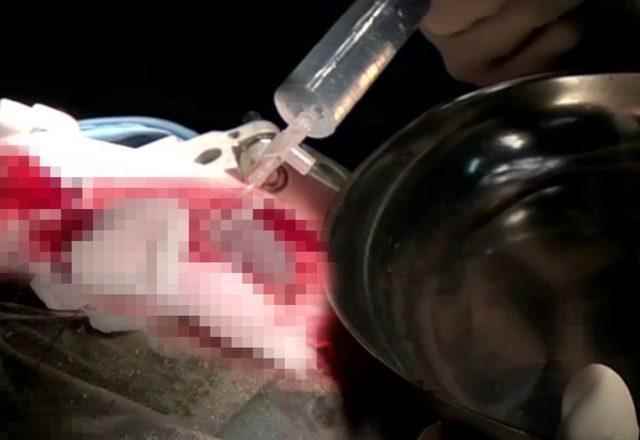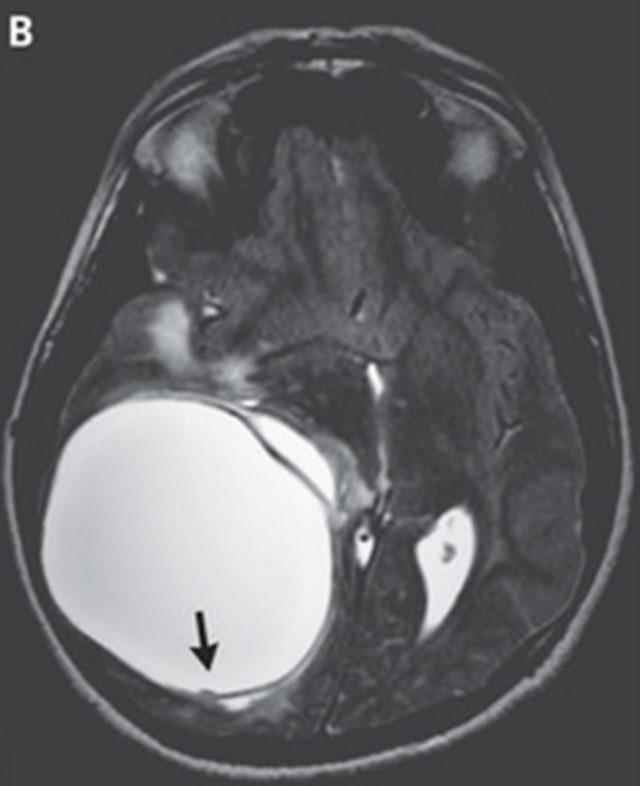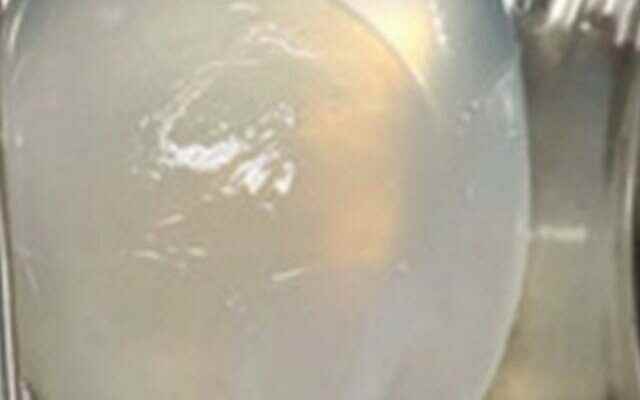An unnamed 14-year-old boy in India had been suffering from headaches and vomiting for a month. He went to the hospital because his problems did not go away.
An MRI scan at the hospital revealed that the boy had a large cyst on his brain. After the tests, she was diagnosed with a type of echinococcosis, an infectious disease caused by tapeworms.
The child is believed to have contracted the disease after coming into contact with infected farm animals or dog feces. Doctors in India said the teenager escaped death after discovering the parasitic tapeworm. The World Health Organization (WHO) states that humans can become infected through ingestion of parasite eggs in contaminated food, water or soil, or after direct contact with animal hosts.
RETURNED TO NORMAL LIFE AFTER THE SURGERY

After undergoing a craniotomy in which a small hole was cut in the skull, exposing the brain, the large cyst was successfully removed. Video footage shows doctors gently separating the cyst wall from the brain to prevent rupture. According to local reports, the boy returned to school two weeks after discharge and resumed his normal activities. However, the condition could be fatal if left untreated.
TUMORS CAN BE DIFFICULT TO DETECT

WHO states that more than one million people are affected by echinococcosis at any given time. Because cysts are slow-growing infections, people with the condition may not show symptoms for years, says the Center for Disease Control (CDC). Many people diagnosed will likely struggle with pain or discomfort in the upper stomach and chest. You may also experience vomiting or coughing as a result of the mass growth, the CDC said. Health officials warned that rupture of cyst fluid could lead to allergic reactions and even death.
